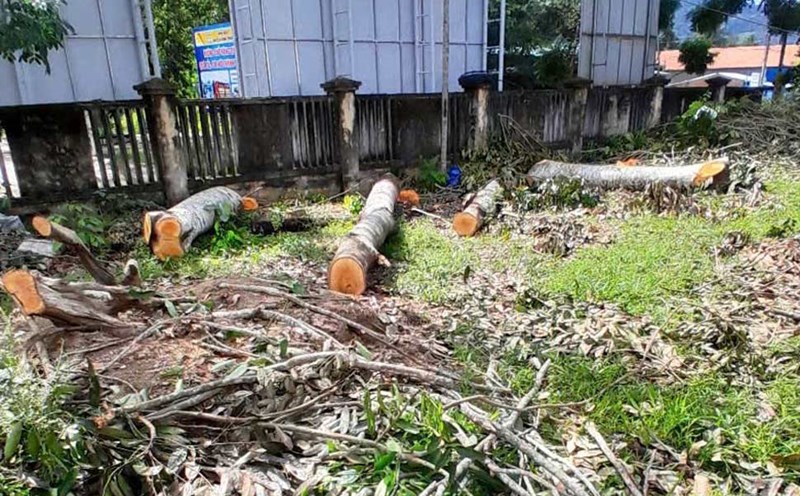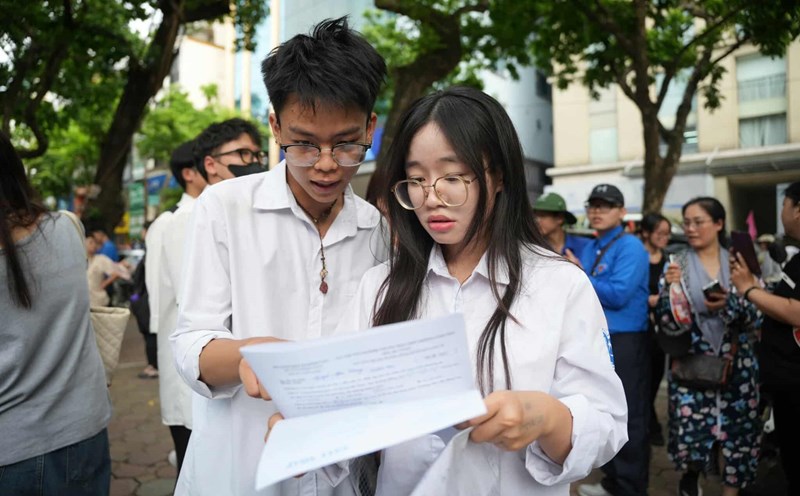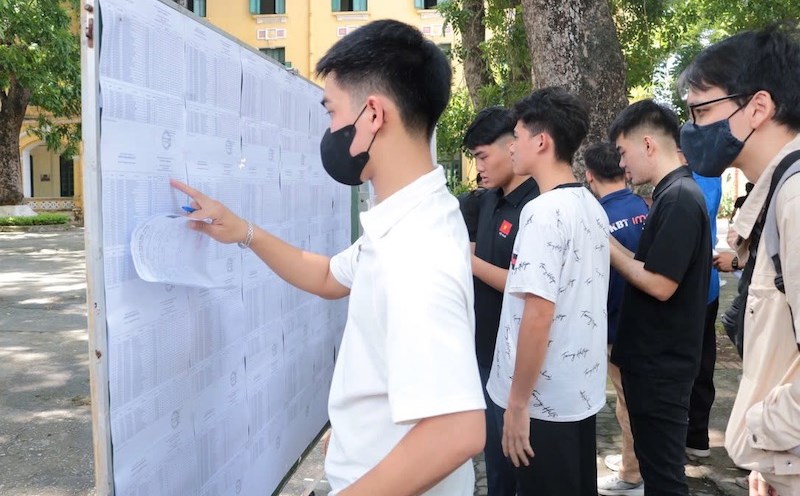Commune police are not an investigation unit
On the morning of June 27, with 445/449 delegates in favor, the National Assembly passed the Law amending and supplementing a number of articles of the Criminal Procedure Code. The law takes effect from July 1, 2025.
The Law stipulates that intermediate investigators and senior investigators who are commune-level police chiefs or deputy police chiefs assigned by provincial-level investigation agency chiefs to conduct prosecution and investigation of cases for less serious crimes and serious crimes occurring in commune-level areas with the duties and powers of investigators as prescribed in Clause 1, Article 37.
Performing a number of tasks and powers of the head and deputy head of the Investigation Agency as prescribed in Points a, c, Clause 1 and 2, Article 36, except for the decision to apply, change, or cancel special investigation and prosecution measures.
The commune-level police chief or the deputy police chief is directly responsible for organizing and directing the reception and settlement of information about crimes, prosecution and investigation by the investigation agency; deciding to assign or change investigators and investigating officers.
At the same time, check the activities of receiving, handling criminal information sources, prosecuting, investigating criminal cases of investigators and investigating officers; deciding to change or cancel unfounded and illegal decisions of investigators.
In the report on receiving and explaining the opinions of National Assembly deputies, the Supreme People's Procuracy (SPP) said that many opinions stated that adding the duties and powers of investigators who are police chiefs or deputy police chiefs at the commune level in the draft law is in line with the Party's policies and guidelines, meeting practical requirements in the context of the arrangement of administrative units and the organization of two-level investigation agencies.
Some opinions suggest reviewing the authority of investigators who are police chiefs and deputy police chiefs at the commune level to regulate in accordance with the capacity of commune-level police, ensuring effectiveness in the fight against, prevention and control of crime.
Regarding this content, the Supreme People's Procuracy affirmed that the commune police are not an investigation unit. The addition of this regulation is at the request of the Ministry of Public Security, to remove difficulties and obstacles in practice when not organizing district-level police investigation agencies.
Regulations on assigning investigators as heads and deputy heads of commune police
There were opinions from delegates suggesting a mechanism to control power, specifically regulating the inspection and supervision responsibilities of heads of investigation agencies and competent People's Procuracies.
The joint responsibility of the head of the investigation agency to prevent violations of the investigator assigned to the task of police chief and deputy police chief at the commune level.
Regarding this content, the Supreme People's Procuracy believes that because the head of the provincial police investigation agency authorizes the investigator to be the commune-level police chief or the deputy chief of the commune-level police to perform certain tasks and powers of the investigation agency chief, the head of the provincial police investigation agency will be responsible for the acts and decisions that the investigator performs within the scope of authority.
The Law has added a provision assigning the Minister of Public Security to preside over and coordinate with the Chief Prosecutor of the Supreme People's Procuracy to specifically guide the assignment and arrangement of investigators who are commune police chiefs and deputy police chiefs.











